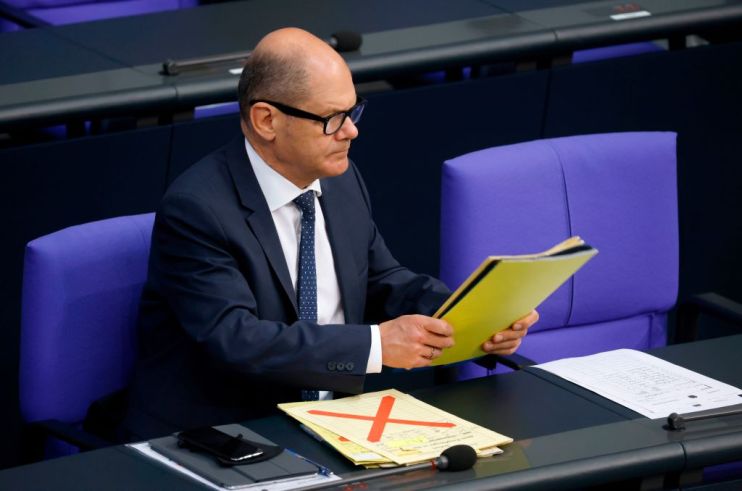OECD’s digital tax proposals gain broad support, German finance minister says

More than 130 countries have agreed on a plan for reforms of global corporate taxation, which is due to be discussed by G20 finance ministers next week.
The OECD has been working on plans to introduce rules for businesses to pay tax where they do business rather than where they are registered. They represent the biggest overhaul of international tax rules in a generation.
The two-pillar plan discussed this week addresses how big technology companies are taxed. Pillar 1 would reallocate the profits of some of these firms, while the second pillar would create a global minimum tax rate.
The organisation estimates it could bring in an additional $100bn (£77.2bn) in national tax revenues a year.
“With a unanimous agreement on a blueprint for reforming the global corporate tax code we have taken a major step forward,” German finance minister Olaf Scholz said in a statement. “This is a positive signal and I’m sure that by the summer of next year we will be able to reach a final agreement on this reform plan.”
Earlier this week, negotiators said they will ask Washington and G20 partners to reaffirm support for global rules amid the pandemic and looming US elections.
Without a deal, digital companies face new national taxes on their services and potential double taxation, as countries seek revenue amid the coronavirus outbreak.
The US has been reluctant to introduce a digital tax and slapped France with retaliatory tariffs earlier this year.
Treasury secretary Steven Mnuchin threatened to leave the talks if several European countries did not halt their plans for independen digital taxes, including the UK.